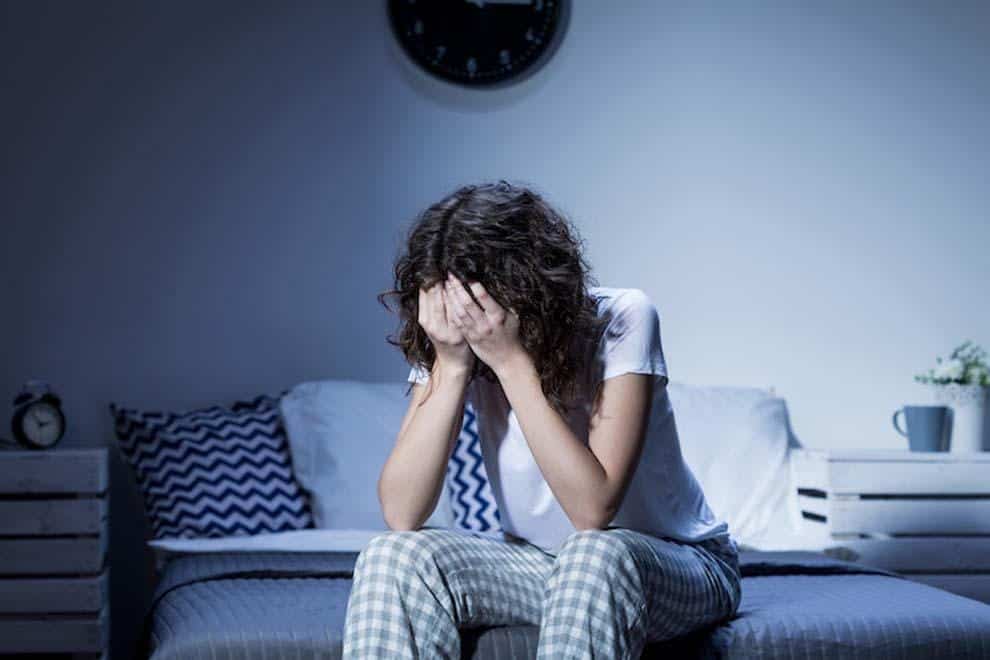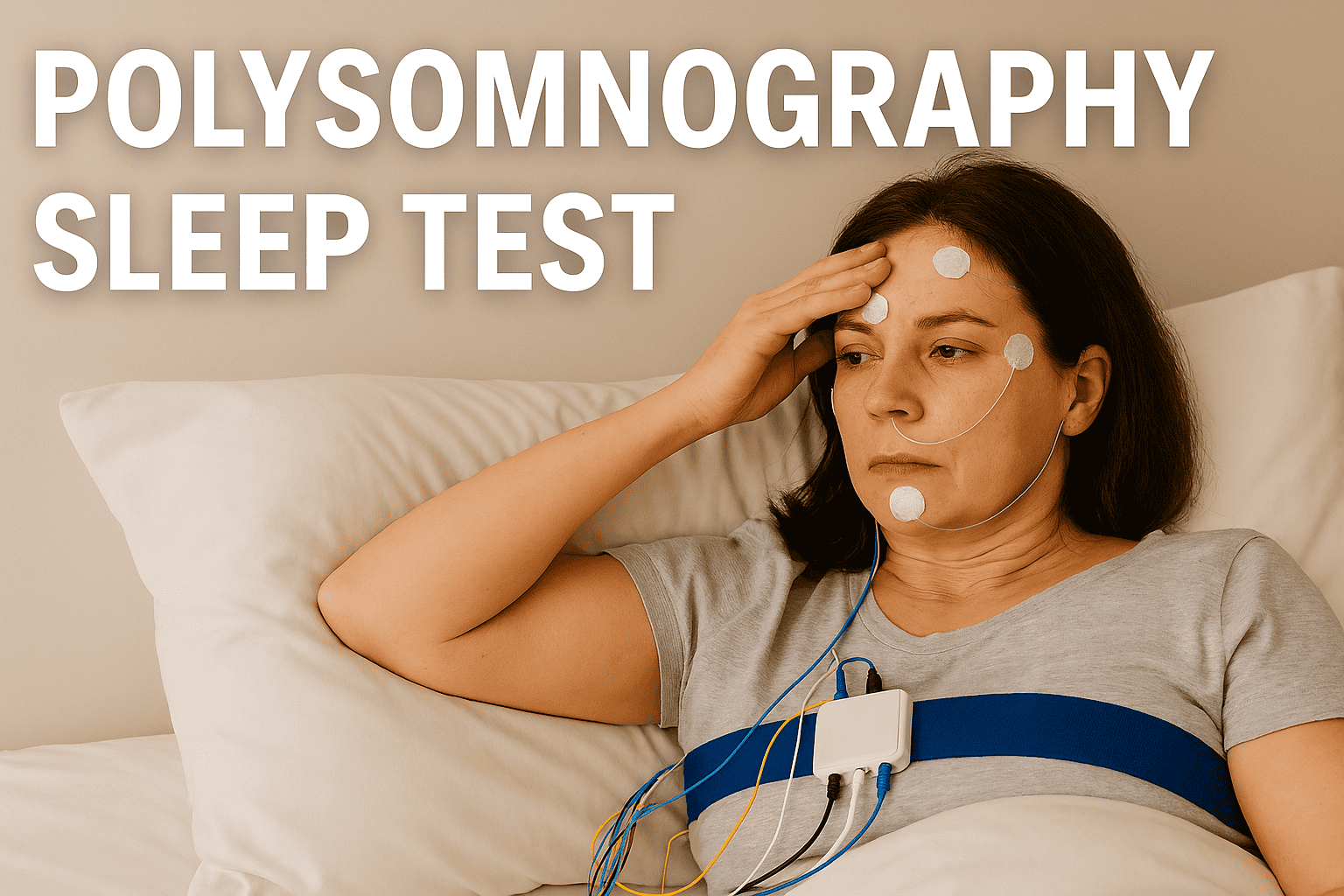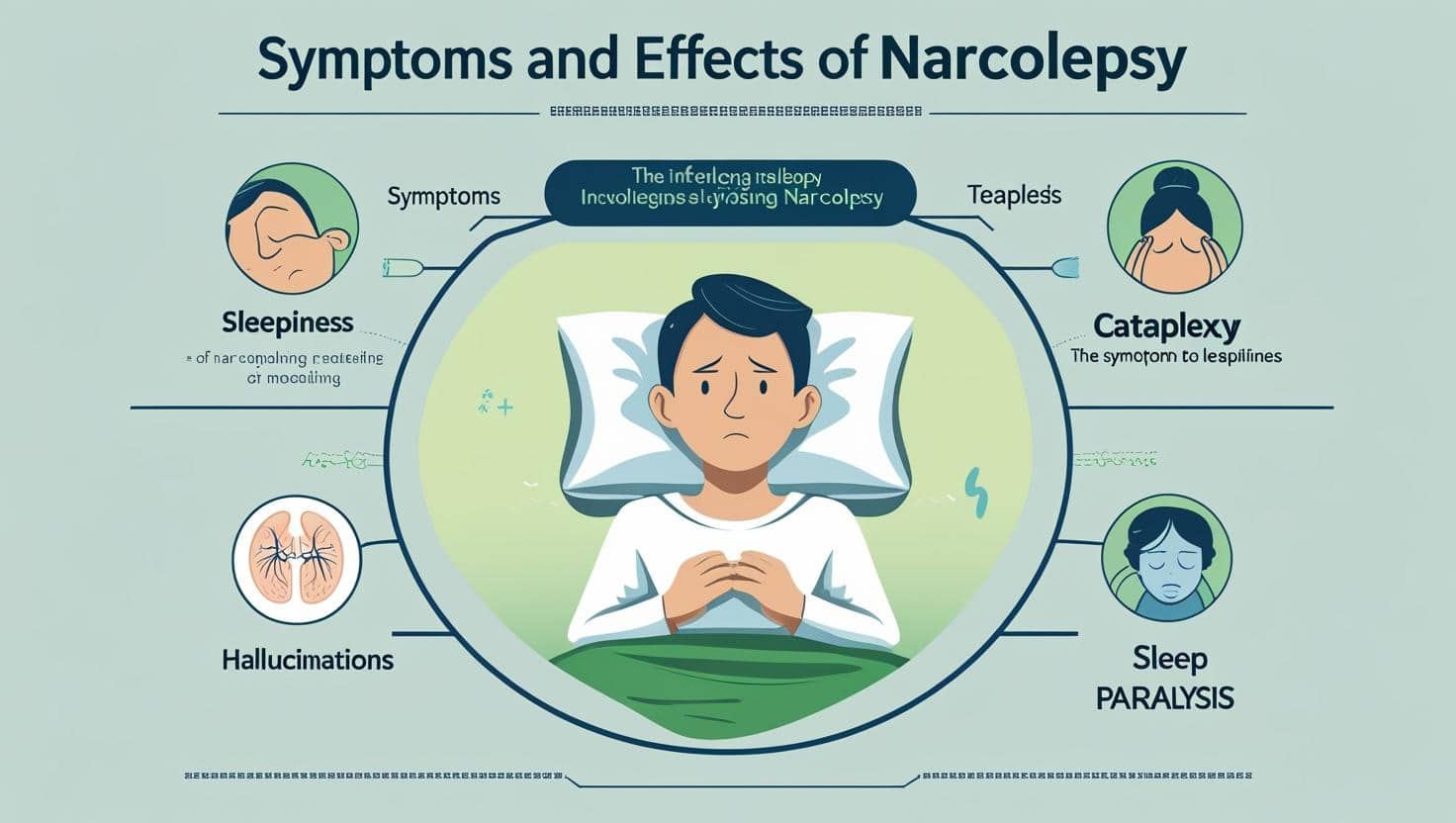Do you suffer from insomnia? We give you 9 tips to combat it.
For years, I struggled to fall asleep. I would lie awake for hours, tossing and turning, only to wake up multiple times throughout the night. What started as occasional sleeplessness soon turned into full-blown insomnia. If you’re going through this too, I know exactly how exhausting and frustrating it can feel.
Through personal trial and error—and with help from research and a few health professionals—I finally discovered what works. In this post, I’ll share everything I learned: the real causes of insomnia, the symptoms I faced, the dangers of not getting sleep, and most importantly, the natural techniques and lifestyle changes that finally helped me reclaim my nights and my peace of mind.
What Is Insomnia?
Insomnia isn’t just about staying up late. It’s a condition where you find it hard to fall asleep, stay asleep, or sleep long enough to feel rested. In today’s fast-paced world, more people—like I once did—are dealing with insomnia due to stress, anxiety, irregular routines, and even financial pressure.
There are two main types:
- Transient Insomnia: Short-term, lasting less than 3 months.
- Chronic Insomnia: Ongoing for months or years.
And in my experience, it can also manifest as:
- Initial insomnia (trouble falling asleep within 30 minutes).
- Maintenance insomnia (waking up often or too early).
Why I Couldn’t Sleep: Causes of My Insomnia
Everyone’s cause is different. For me, it was a mix of high stress, overthinking at bedtime, and bad habits like scrolling on my phone at night.
But in general, insomnia can result from:
- Medical causes: Conditions like chronic pain, hormonal imbalance (menopause, pregnancy), cardiovascular, or neurological issues.
- Mental health: Stress, anxiety, or depression.
- Lifestyle choices: Irregular sleep schedules, late-night caffeine, or using screens in bed.
- Environment: Noisy, bright, or uncomfortable bedrooms.
Looking back, I realized my nightly tech use and inconsistent sleep routine were two big culprits.
What I Felt: Symptoms That Made Me Miserable
When I was going through insomnia, these were my daily realities:
- Lying awake for hours trying to sleep
- Waking up several times during the night
- Waking up at 4 a.m. feeling unrested
- Daytime fatigue, foggy thinking, irritability, and zero motivation
These signs are common, but they’re not normal. If you’re experiencing these, don’t ignore them. Chronic insomnia can take a serious toll on your life.
The Consequences: How Insomnia Was Ruining My Life
Sleep deprivation isn’t just annoying—it’s dangerous. At my worst, I was barely functioning at work, making mistakes, and constantly in a low mood.
Lack of proper sleep can cause:
- Emotional instability (I felt more anxious, irritable, even depressed)
- Poor memory and difficulty concentrating
- Slow reflexes and poor decision-making
- Physical exhaustion and immune system issues
- Risky situations like drowsy driving
Sleep isn’t a luxury—it’s essential.
What Helped Me Beat Insomnia (Without Pills)
I was determined to avoid sleeping pills unless absolutely necessary. So I started experimenting. Here are the exact steps that worked for me:
1. I Kept a Sleep Journal
Every morning, I wrote down what time I fell asleep, how many times I woke up, how I felt during the day, and any habits that could have affected my sleep. This helped me notice patterns—and break bad ones.
2. I Created a Wind-Down Routine
Every night, I’d stop looking at screens one hour before bed. I’d read a physical book or take a warm shower. This signaled to my brain that it was time to slow down.
3. I Made My Bed a Sacred Place
No phones, no food, no TV. Just sleep. I invested in blackout curtains, a better pillow, and a mattress that supported me. My bedroom became my sleep sanctuary.
4. I Cut Back on Caffeine and Alcohol
No more coffee after 2 p.m., and no alcohol at night. I realized alcohol may make you drowsy, but it seriously disrupts deep sleep.
5. I Exercised—But Earlier
I used to work out at 9 p.m.—big mistake. Now, I exercise in the morning or early afternoon. It boosts my energy during the day and helps me sleep better at night.
6. I Limited Naps
If I napped, it was never more than 20 minutes—and never after 4 p.m. Long naps were sabotaging my night sleep.
7. I Tried Relaxation Techniques
Deep breathing, guided meditation apps, and progressive muscle relaxation became part of my toolkit. These helped ease my mind on nights I felt anxious.
8. I Changed My Diet
No more heavy, greasy dinners. I switched to lighter evening meals and started drinking calming herbal teas like chamomile and valerian root before bed.
9. I Set the Right Sleep Environment
Dim lighting in the evening, cool room temperature, and soft instrumental music helped calm my nervous system. Even the sound of rain helped me drift off.
When to See a Doctor
If insomnia is seriously affecting your work, mood, or safety—see a professional. A sleep specialist can evaluate underlying medical conditions and recommend therapies like CBT-I (Cognitive Behavioral Therapy for Insomnia).
Please don’t self-medicate. Over-the-counter sleep aids can become addictive or stop working over time. Always consult a doctor before trying any treatment.
Final Thoughts: You Deserve Good Sleep
I used to think insomnia was something I just had to “live with.” But it’s not. With the right approach, healing is absolutely possible.
If you’re in the thick of it, just know: you’re not alone. I’ve been there, and I got through it. You can too.
Sleep is not a weakness. It’s strength.




